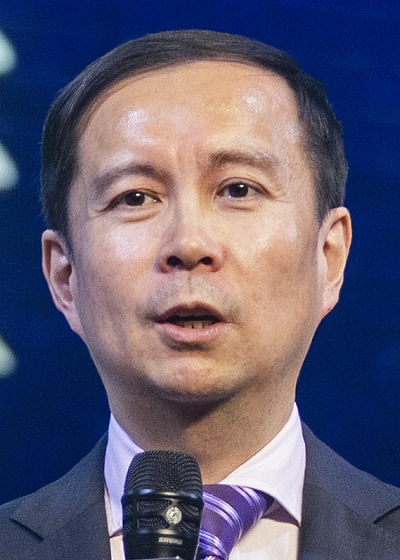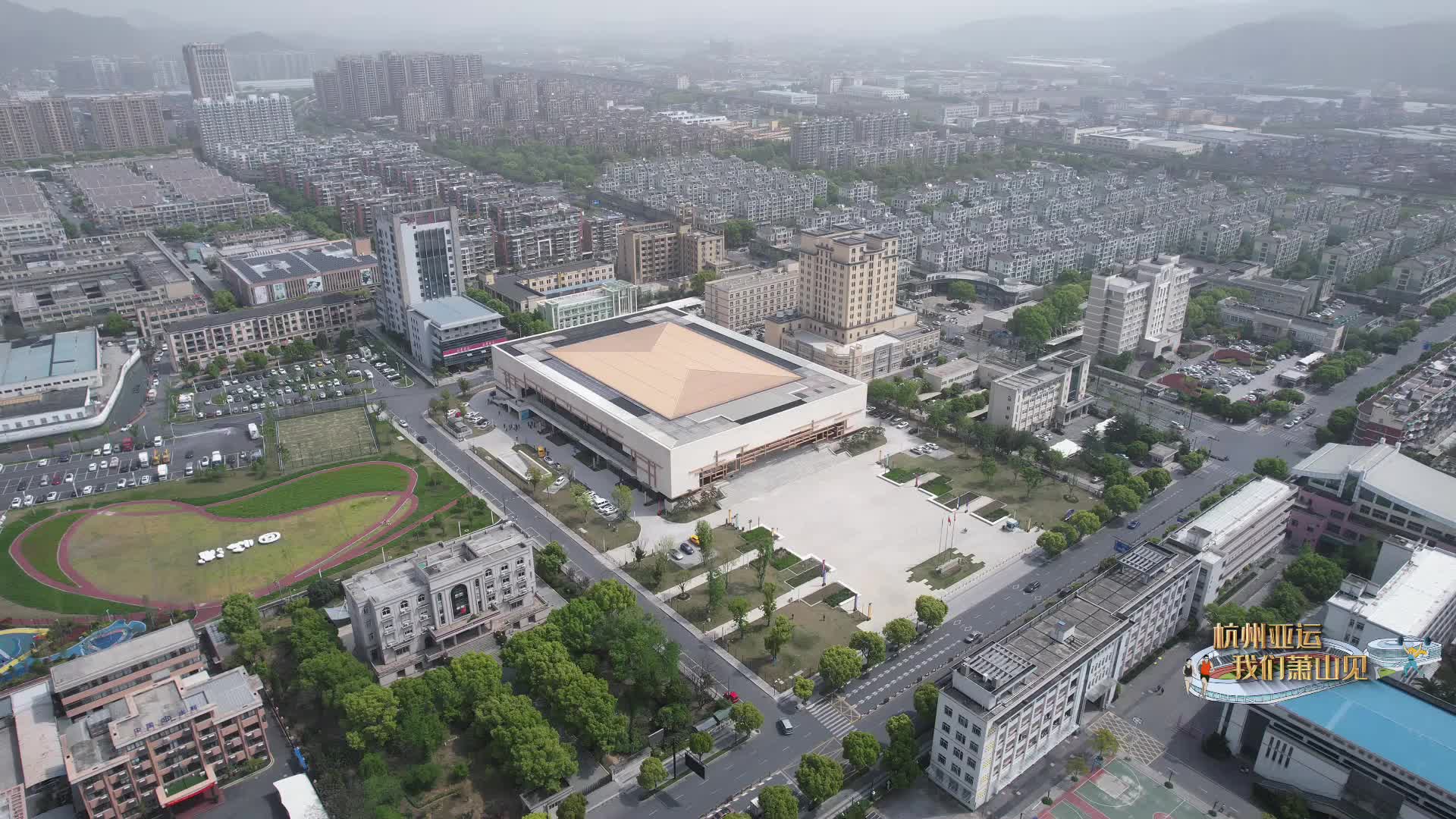Alibaba boosts integration promotion

Zhang Yong, chairman and CEO of Alibaba
Chinese e-commerce heavyweight Alibaba Group is ramping up efforts to promote the digitalization and new development of the real economy, as the country has placed greater emphasis on bolstering the in-depth integration of the digital economy with real economy.
"The digital economy is a part of the real economy," said Zhang Yong, chairman and CEO of Alibaba.
"Both the industrialization of digital technologies and digital transformation of industries is a vibrant manifestation of the integration of the digital economy with the real economy."
Zhang made the remarks during the 2022 World Internet Conference Wuzhen Summit, which kicked off on Wednesday in Wuzhen, Zhejiang province.
Despite external challenges from climate change, resurgence of COVID-19 cases and global inflation, facilitating the development of the digital economy has achieved consensus among people from all over the world, Zhang added.
A report delivered to the 20th National Congress of the Communist Party of China stressed the need to focus on the real economy in pursuing economic growth, as well as accelerate the development of the digital economy and further integrate it with the real economy.
Zhang said the report has mapped out a blueprint for China's development, while noting that he was greatly inspired by the Party's recognition and encouragement for private enterprises and the digital economy, which is currently booming across the globe.
In China, new industries and forms of business buoyed by innovative digital technology like big data, cloud computing and artificial intelligence are finding a wide range of applications across various industries and integrating with the real economy.
The scale of China's digital economy reached 45.5 trillion yuan ($6.3 trillion) in 2021, up 16.2 percent year-on-year and ranking second in the world, according to a white paper released by the China Academy of Information and Communications Technology. The digital economy accounted for 39.8 percent of GDP, remaining a key pivot for the nation's economic growth.
"We are gradually entering a new stage of development and pursuing higher-quality development. Ultimately, we need to strike a balance between development and fairness. We should ensure that the achievements of high-quality development will benefit and serve the majority of people," Zhang said, adding the company will actively integrate into the country's blueprint for future development.
Alibaba is focusing on three business segments: e-commerce, cloud computing and globalization, with environmental, social and governance, also known as ESG, and common prosperity as its corporate social responsibilities.
The company has stepped up efforts to promote the circulation of commodities and production factors and help build a more intelligent, flexible and resilient supply chain.
It has also invested heavily in global logistics infrastructure. Currently, Cainiao Network, the logistics arm of Alibaba, has set up six smart logistics hubs around the world, operated more than 3 million square meters of cross-border logistics warehouses, and has over 240 chartered flights for trunk logistics every month.
-
Foreign teacher, Hangzhou students capture picturesque countryside
August 9, 2023
-
Hangzhou Asian Games launch 50-day-to-go campaign
August 4, 2023
-
Hangzhou achieves 6.9% GDP growth in H1 2023
July 27, 2023



